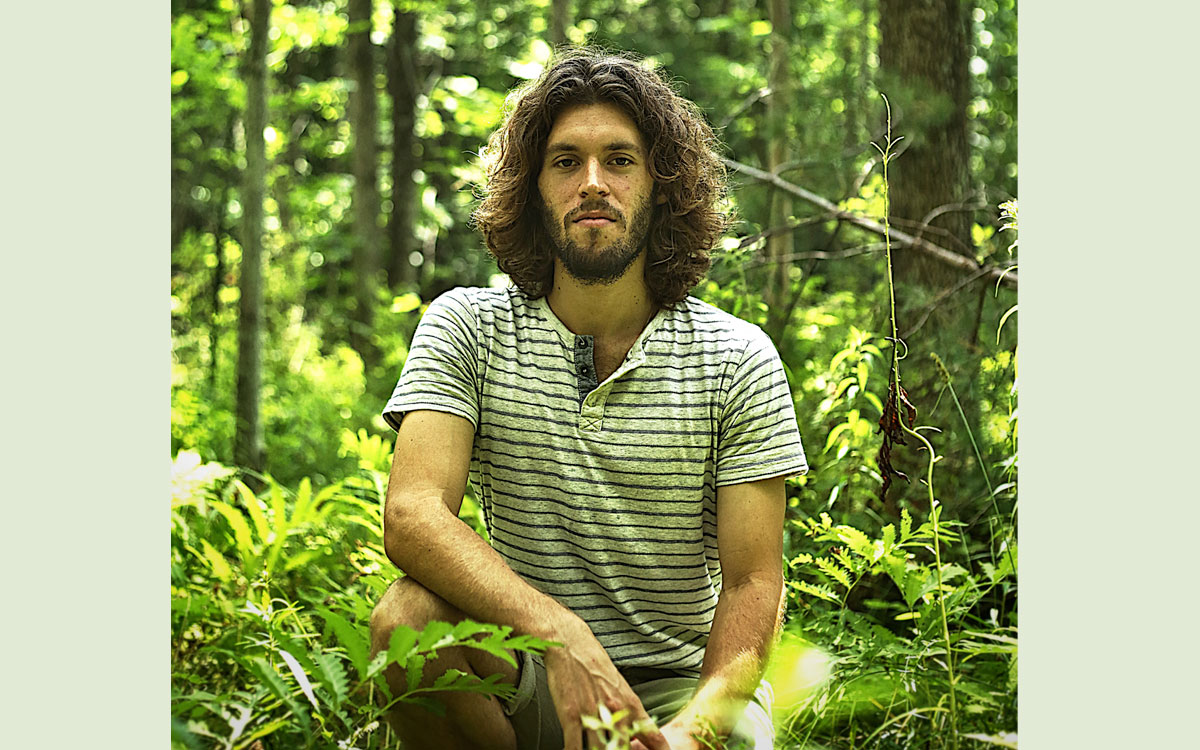Robert Schooler is an undergraduate at Cornell University but may not be for much longer because he says the university “appears to be complicit in a shocking amount of ecologically destructive, academically unethical, and scientifically deceitful behavior.”
In a thoughtful exposé letter published on Independent Science News and several other websites, Schooler describes his experience as a student at Cornell and his disillusionment with the university’s pro-GMO ideology.
Schooler describes taking a class called “The GMO Debate,” expecting to hear viewpoints from both sides of the debate. “There were a total of four active professors in the course, and several guest speakers,” Schooler writes. “They took turns each session defending industrial agriculture and biotechnology with exactly zero critical examination of GMOs. In spite of the course’s name, there was a complete lack of actual ‘debate.’ ”
Schooler then describes how Cornell’s connections to biotech giant Monsanto were revealed in emails released following a Freedom of Information Act request.
Also, Cornell’s Alliance for Science received $5.6 million from the Gates Foundation to “depolarize” the GMO debate. The alliance went so far as to make former anti-GMO activist-turned-GMO-proponent Mark Lynas a “visiting fellow.”
Schooler’s disillusionment with Cornell led him to research alternatives to the industrial GMO system, and he became interested in agroecology, a system of agriculture that encompasses organic and other ecological methods.
“I was astonished to learn that there existed alternatives to chemical-intensive, corporate-controlled models of agriculture, and that they were far safer, more effective, and more sustainable,” he writes.
In response to Cornell’s pro-GMO agenda, Schooler plans to host an independent course on the current GMO paradigm this fall. There will be a series of lectures with prominent scientists and authors critiquing GMO agriculture and presenting more sustainable approaches. Speakers will include Frances Moore Lappé, author of Diet for a Small Planet and several other food-related books; attorney Steven Druker, author of Altered Genes, Twisted Truth; Allison Wilson, a geneticist and editor/science director of the Bioscience Resource Project; and Belinda Martineau, a geneticist who helped develop the first GMO commercial food crop, the Flavor Saver tomato; among others.
Schooler also wants to raise money to support more appropriate forms of agriculture, educational outreach, and activism.
Schooler’s letter concludes by challenging Cornell: “Our universities have become extensions of corporate power, at the cost of our health, livelihoods, and ecology. This has to stop, yesterday… I will be doing everything in my power to counter your industry GMO propaganda efforts with the facts.”
For more information, visit Robert Schooler’s website, gmowtf.com.





